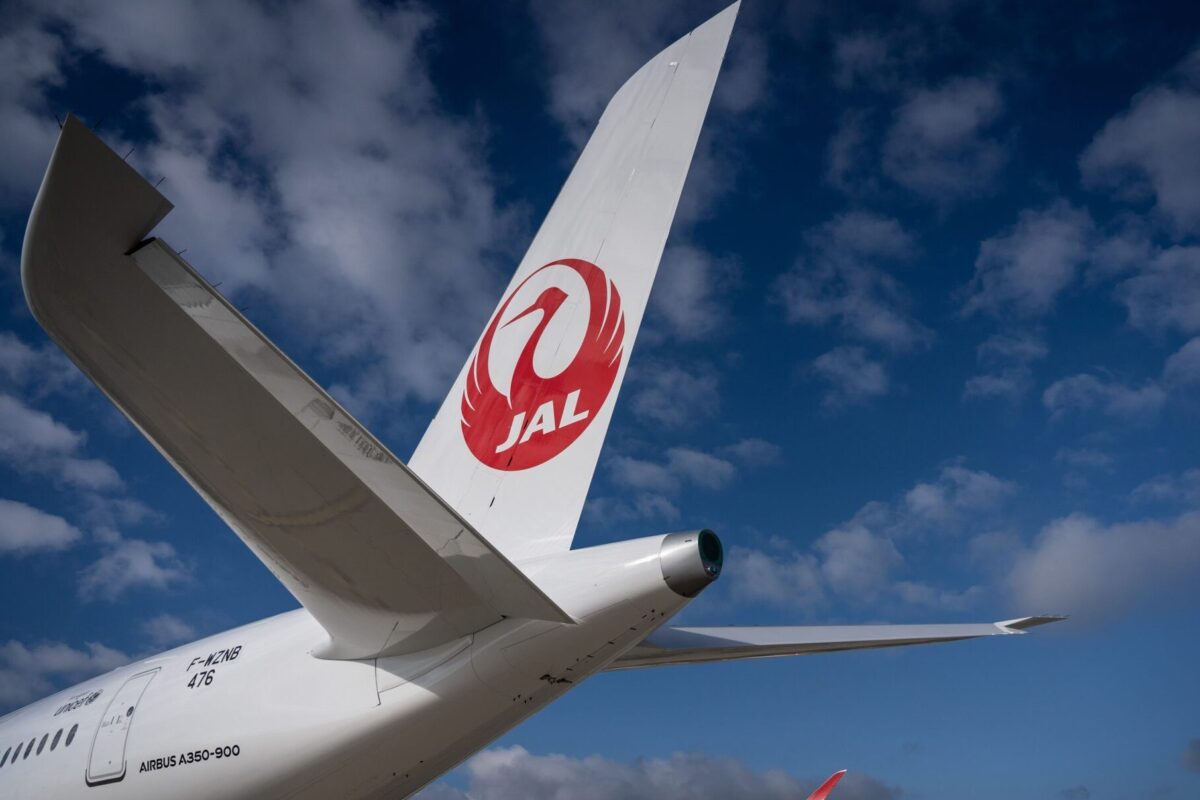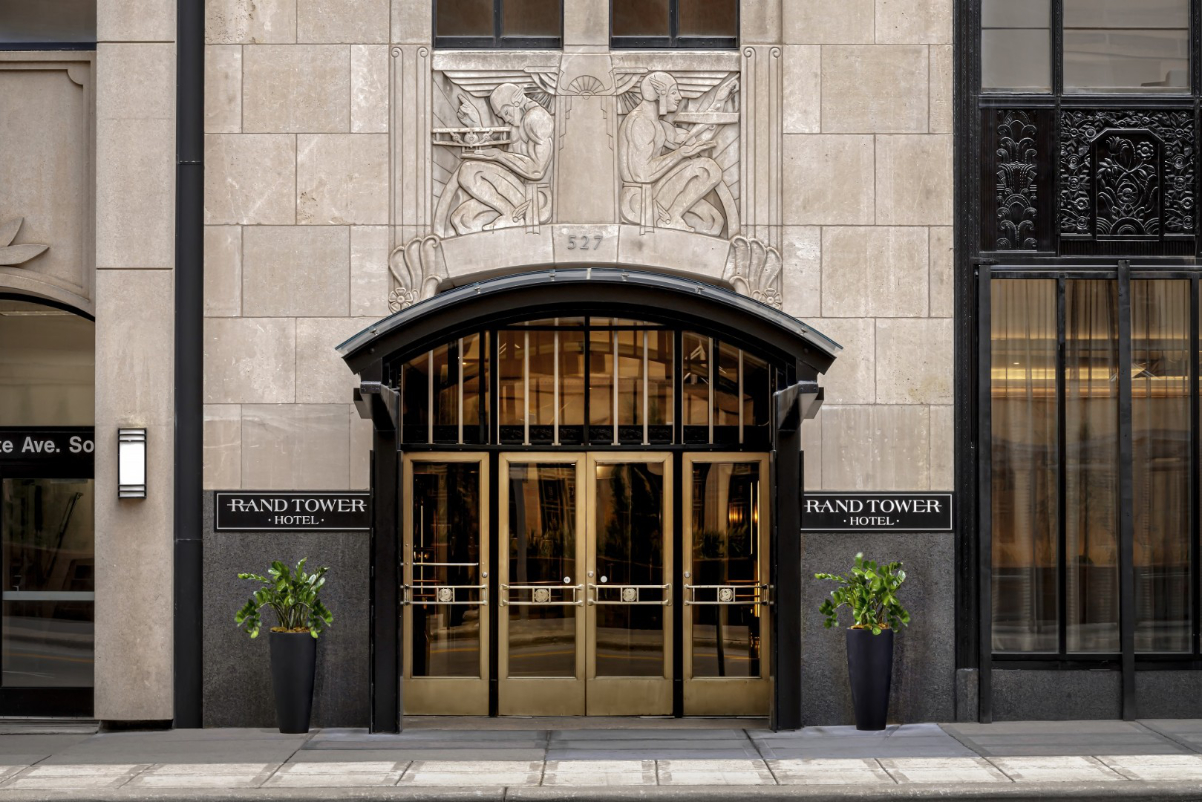Government travel warnings do more harm than good, says Richard Branson
Skift Take
Foreign Office travel advisories do more harm than good, claims the Virgin founder.
Sir Richard Branson has launched a scathing attack on the Foreign Office and other Western government departments for warning about terrorism in their travel advisories.
In today’s newspaper, the Virgin founder demands an end to advice against visiting countries due to the risk of terrorism. He writes that warnings of the risk of attack “are exactly what the terrorists want”.
The Foreign Office (FCO), in common with other Western ministries, frequently updates its advice to travellers. While the FCO has no power to prevent British travellers venturing to areas defined as dangerous, its advice has quasi-legal status. A warning about a nation or region invalidates most travel insurance. Tour operators are obliged to move clients out of affected areas, and to cancel future trips until the advisory is lifted.
Sir Richard says the West should change its response to terrorism: “The right thing is for every country to not put out advisories against nations that suffer terrorist attacks, but instead continue to aid them, through tourism and trade.”
He cites a Foreign Office bulletin about Egypt, the Australian government’s warning on Bali and US State Department alert on Kenya – which, he says, contributed to Virgin Atlantic abandoning its route to Nairobi. “Getting on with life is the best way to show terrorists they will not win.”
The Foreign Office rejected Sir Richard’s criticisms. A spokesman said: “We have a responsibility to make sure British nationals have the necessary information and advice so that they can make their own choices. We would rightly be criticised if UK lives were lost and we had not reflected a known terrorist threat in our travel advice.”
But Sir Richard was backed by Paul Goldstein, co-owner of Kicheche Bush Camp in Kenya: “Irresponsible travel bans do not make places safer. They deny tourist dollars, breed discontent, increase unemployment and cause suffering on a massive scale.” He said some advisories appeared to be politically motivated: “Kenya has been punished several times yet South Africa, with the highest murder rate in the world, is fine, as is Israel. It is nonsense.”
A spokesman for Abta, the travel association, said: “When governments issue travel advice their primary consideration has to be the safety of their citizens, but potential damage to the relevant country’s economy is also an important consideration. The UK Foreign Office has a good record in getting this balance right.”
* On Friday the Foreign Office issued a warning for travellers to Turkey over May Day: “Demonstrations in the last two years have been relatively peaceful but there is a history of violence.” The official advice also warns that the threat of terrorism is “high” and that “al-Qa’ida and other networks have specifically targeted Western interests in Turkey”. ![]()




